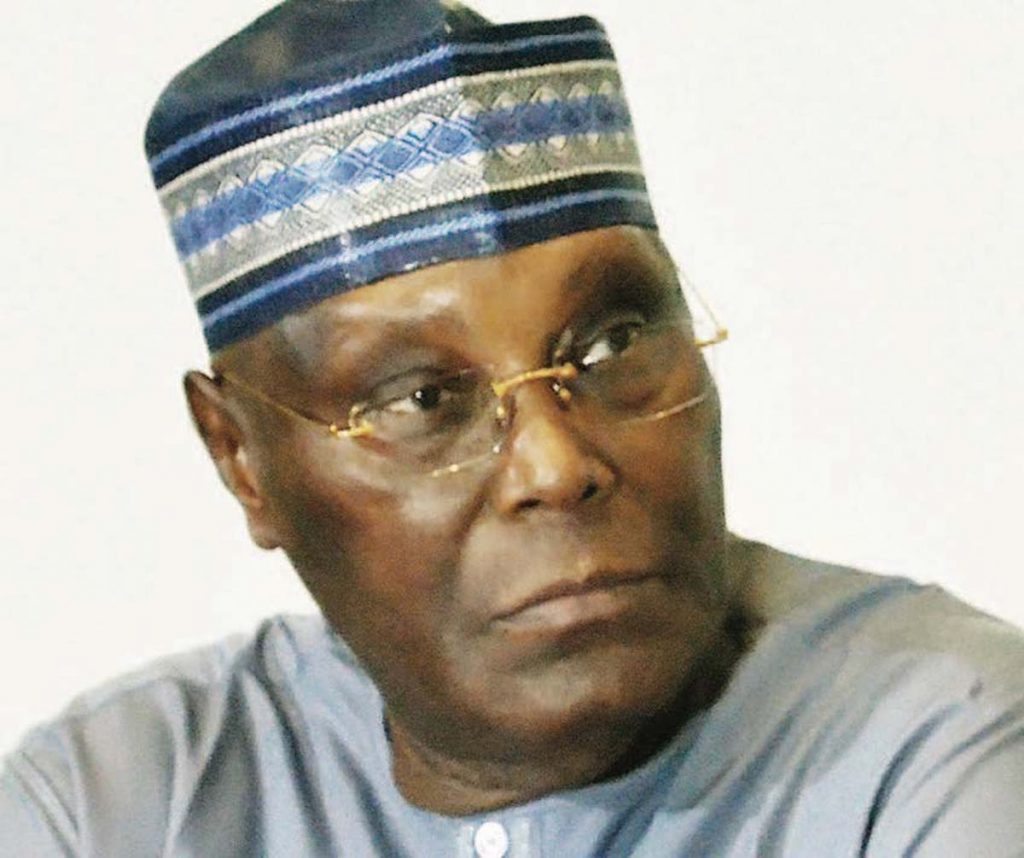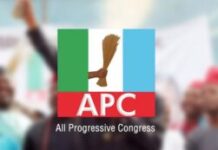
By Lewis Chukwuma, PhD.
Five weeks after the February 25 2023 presidential election won by Asiwaju Bola Ahmed Tinubu of the All Progressives Congress, APC, puzzlingly churlish reactions by the defeated duo of Alhaji Atiku Abubakar of the Peoples’ Democratic Party, PDP, and Mr. Peter Obi of Labour Party, LP, have introduced needless tension into the polity.
Asiwaju Bola Tinubu beat 17 other contestants and won the presidential election because of his broad acceptability across the country. This position cuts to the heart of any meaningful discourse reviewing Nigeria’s most intensely contested presidential election.
A quick check will of course show that the top four contenders had all served in one public office or the other as either governor or vice president. But it went beyond the fact of previously holding public office previously.
It can hardly be disputed that Asiwaju Bola Ahmed Tinubu amongst these 17 challengers parades the best pedigree in terms of impactful political leadership mileage, general achievements and has demonstrated transformative nous in the critical arenas of infrastructural development, fiscal management, human development and positive societal change at large.
More specifically, president-elect Ahmed Bola Ahmed Tinubu polled 8, 794, 726 to defeat his closest rival, Atiku Abubakar, who scored 6,984, 520 and Peter Obi who garnered, 6,101,533 while Rabiu Kwankwaso of the New Nigerian Peoples Party (NNPP) got 1,496,687. Tinugu got both the most populous votes and also the needed spread across the country.
Flowing from the foregoing which also synced with constitutionally stipulated requirements which he even exceeded, Tinubu was declared winner of the 2023 presidential election by Prof. Mahmood Yakubu, the chairman of the Independent National Electoral Commission (INEC).
Past sages have agreed that the way to success is always long and arduous. This essentially captures Tinubu’s ascendancy to the presidential seat. In Tinubu’s case though, a lot of preparation took place but few will note this.
Looking at a partial electoral breakdown of his victory, Tinubu won in 12 states out of the 36 states of the federation but lost to Obi in Lagos State where he governed for eight years between 1999 and 2007.
Similarly, he lost Katsina, the home State of President Muhammadu Buhari, a leader of his party whose second term ends on May, 29 this year, to PDP’s Atiku.
The states won by the Jagaban Borgu are: Niger, Benue, Kogi, Zamfara, Jigawa, Oyo, Rivers, Ogun, Ondo, Kwara, Ekiti and Borno. Bu despite this nervy scenario, he secured both the needed constitutional spread and outstripped other contestants with his numbers.
Narrowing down to why Atiku Abubakar of PDP and Labour Party’s Peter Obi could not have trumped Tinubu in that presidential election it will be germane to look at fundamental issues which became ultimate determinants.
While Atiku, a veteran of many political battles went into the February 25 presidential election with a terribly divided house, Peter Obi’s appeal to religion and tribe was a no-brainer – although he enjoyed considerable youth followership.
While Atiku’s political flight plan was buffeted by the headwinds of the G-5 governors led by embittered Governor Wike of Rivers State which fielded formidable ground-to- air missiles to dislodge the Adamawa-born politician’s trajectory, Peter Obi’s breakoff from PDP to Labour Party was another move that finally cooked Atiku’s goose.
Atiku, though he won 12 states but lacked the numbers and spread, could have offered a sterner challenge to Tinubu if he hadn’t allowed these critical dimensions to throw well-aimed spanners in his wheels.
In the case of Obi who won 11 states and the Federal capital Territory Abuja, it was obvious he was punching above his weight. The perception that he was appealing to Northern and Southern Christians largely alienated the critical national Moslem electorate.
Tracking back a little, it could be recalled that a major decision by the northern APC governors and leaders in their resolution ahead of the APC presidential primaries played an important role in putting Tinubu firmly on the track of success here. But then this derived from very circumspect engagement with these power brokers and ultimately Nigerians.
Hear the Northern APC governors and leaders: “After careful deliberation, we wish to state our firm conviction that after eight years in office of President Muhammadu Buhari, the presidential candidate of the APC for the 2023 elections should be one of our teeming members from the Southern states of Nigeria.
“It is a question of honour for the APC, an obligation that is not in any way affected by the decisions taken by another political party. We affirm that upholding this principle is in the interest of building a stronger, more united and more progressive country.” It really couldn’t have gotten better for the Jagaban as this scenario powerfully leveraged him over about 23 aspirants jostling for the ticket.”
Cut to the bone, Asiwaju Ahmed Tinubu won the February 5 presidential election because he was the only pan-Nigerian candidate.
Tinubu had votes from all parts of the country. Judging by the voting patterns, his performance contrasts sharply with the type of unfortunate parochial campaigns carried out by some candidates of other parties, particularly Atiku and Obi.
It is worth repeating that Tinubu was the only candidate that had votes across Nigeria and received across various sections and demographics of Nigerians, a clear political statement to his overwhelming pan-Nigerian status.
From these objective metrics, neither Atiku nor Obi could’ve won the last presidential election.
Dr. Chukwuma is an Enugu based Public affairs analyst



